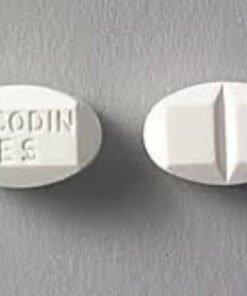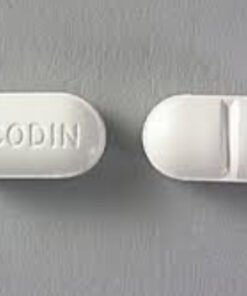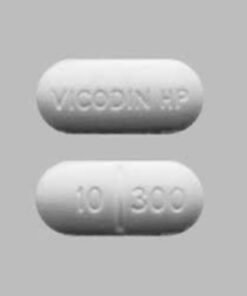Overview Of Pills
Vicodin is a prescription medication that contains a combination of two active ingredients: hydrocodone and acetaminophen. Hydrocodone is an opioid pain medication, while acetaminophen is a less potent pain reliever that enhances the effects of hydrocodone.
Here are some key points about Vicodin pills:
– Pain relief: Vicodin is commonly prescribed to relieve moderate to severe pain, such as pain following surgery or injury. It works by acting on the central nervous system to reduce pain perception.
– Dosage: The dosage of Vicodin is determined by a healthcare provider based on the individual’s pain level, medical history, and response to the medication. It is important to take Vicodin exactly as prescribed to avoid potential side effects.
– Side effects: Common side effects of Vicodin may include dizziness, drowsiness, nausea, and constipation. It’s important to use Vicodin only as directed to minimize the risk of side effects.
– Risk of dependence: Because Vicodin contains hydrocodone, an opioid medication, there is a risk of dependence and abuse associated with its use. It should be used with caution and only as prescribed by a healthcare provider.
– Interaction: Vicodin can interact with other medications, especially those that depress the central nervous system, such as alcohol or certain sedatives. It’s important to inform your healthcare provider about all medications you are taking.
– Liver toxicity: Due to the acetaminophen component in Vicodin, taking high doses or using it for a long time can lead to liver damage. It’s important not to exceed the recommended dosage.
Vicodin
Vicodin
Vicodin



